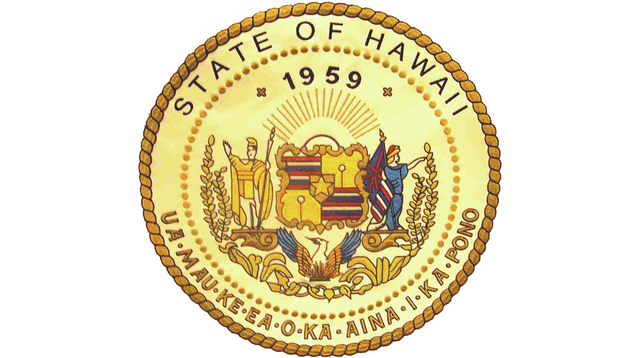HONOLULU — A bill in the state Legislature would make it easier for voters to understand who is supporting and funding political action committees. ADVERTISING HONOLULU — A bill in the state Legislature would make it easier for voters to
HONOLULU — A bill in the state Legislature would make it easier for voters to understand who is supporting and funding political action committees.
The bill targets super PACs, which can raise and spend unlimited amounts of money on elections. In the 2014 election cycle, super PACs in Hawaii spent more than $10 million on ballot initiatives and $6 million on candidates, according to Common Cause Hawaii.
The goal of the bill is to change the state’s campaign finance laws to deter corruption and increase transparency and accountability.
“One of the biggest mysteries in the last couple of election cycles has been the growth of independent expenditures by non-candidate committees,” said Democratic Sen. Gilbert Keith-Agaran, chairman of the Senate Judiciary Committee who introduced the bill.
“They’re not supposed to be directed by a candidate, they’re not supposed to be coordinated, and increasingly they’re becoming important, not just on the mainland, but also here.”
Keith-Agaran introduced the bill, SB 1344, in an effort to peel back the layers of the organizations pouring millions of dollars into Hawaii campaigns.
He said super PACs were spending money to influence county council elections throughout the islands.
The proposal would make a super PAC reveal whether its contributors and recipients also are required to disclose campaign spending information. If so, the super PAC would then have to provide access to that information.
The Senate Judiciary Committee advanced the bill Wednesday. No one testified against the measure.
Supporters of the bill say the state’s disclosure requirements for super PACs are inadequate, and that it’s difficult for voters to find out the sources and recipients of the money being spent.
“It allows people to go back a little bit, to see who’s making the donations beyond the entity,” Keith-Agaran said about the proposed measure.



